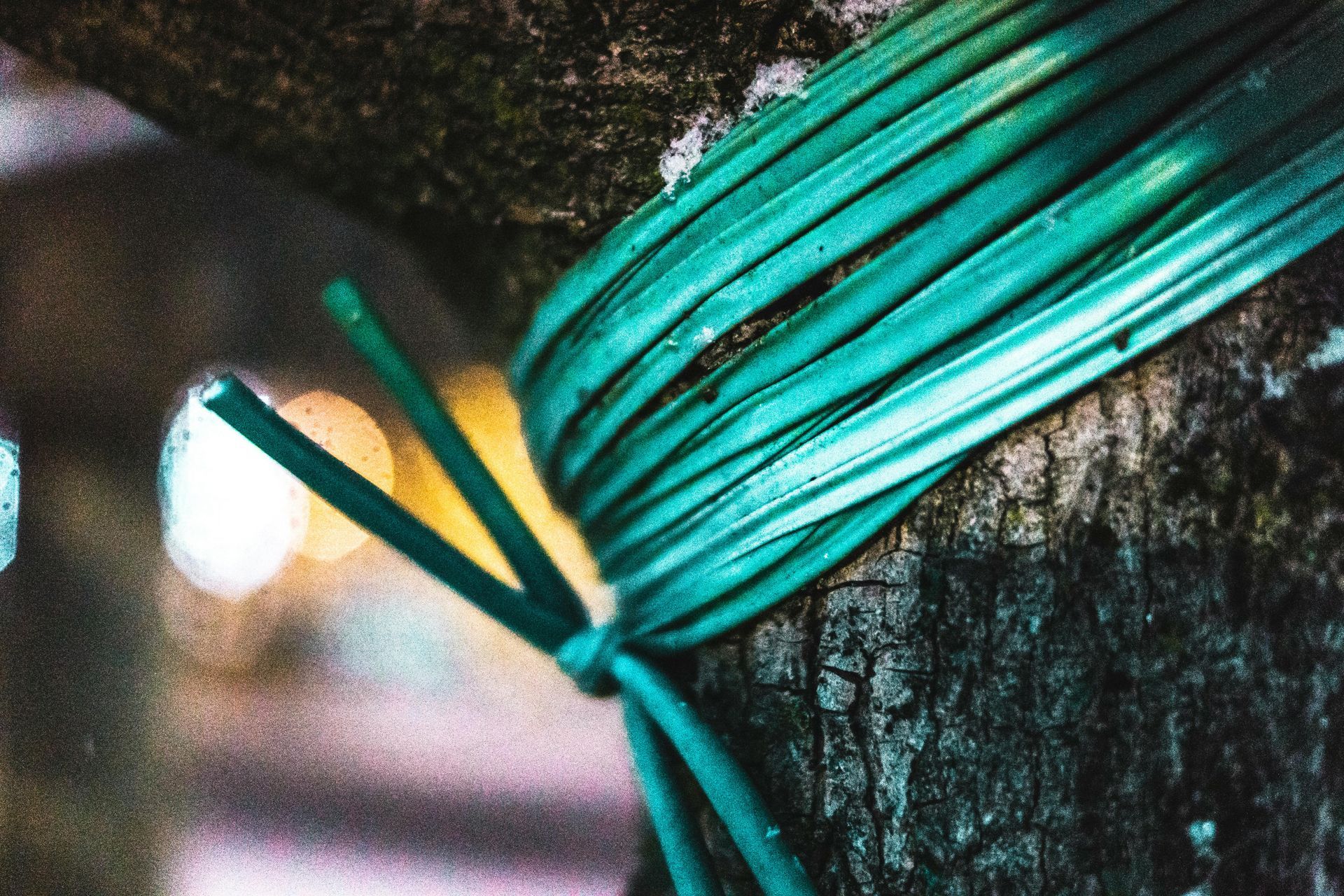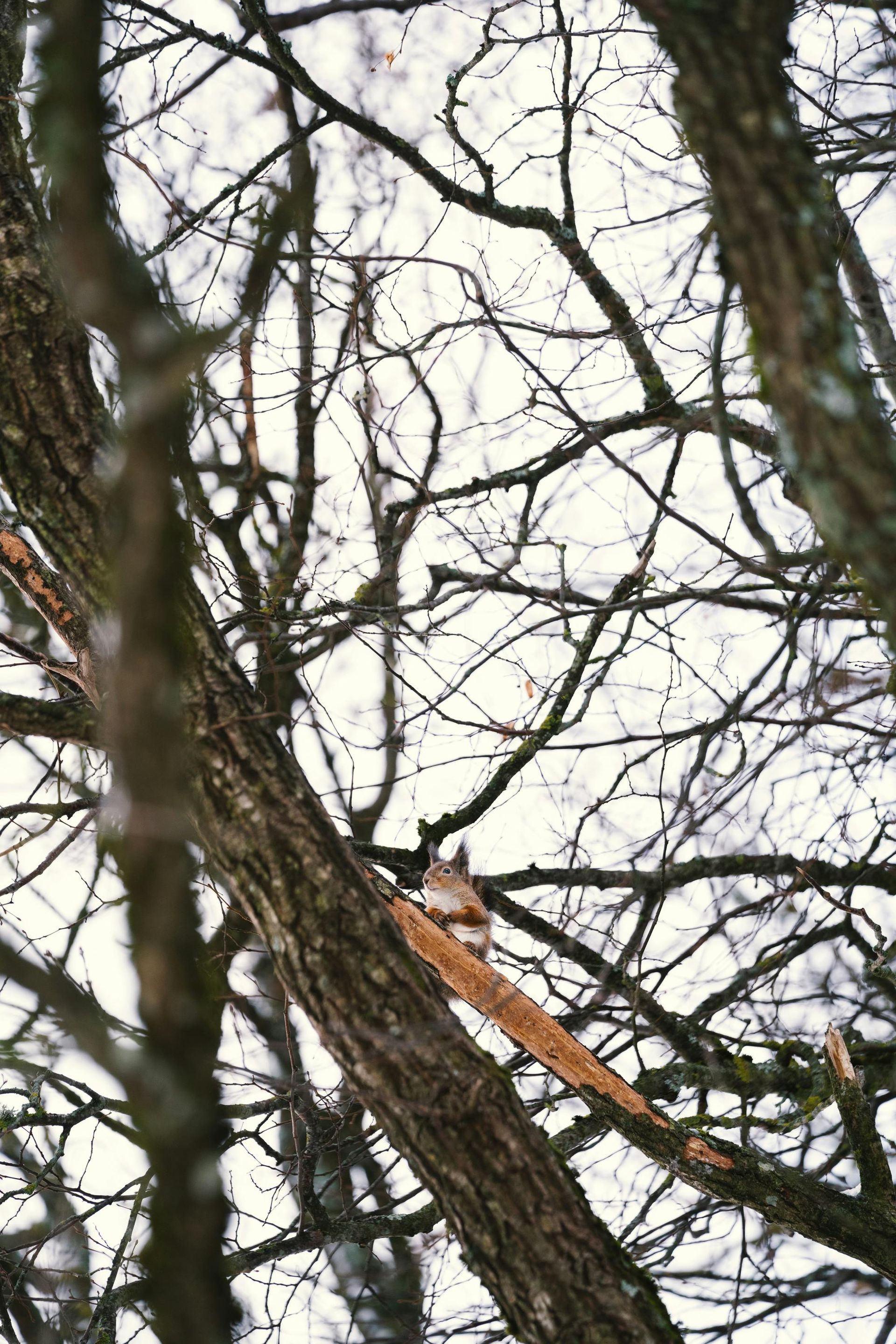Tree Cabling & Bracing
Tree Cabling & Bracing: Your Trees' Defense Against Nature's Extremes
Trees face various challenges, from the harsh onslaught of winter snow and ice to the powerful gusts of summer storms. While calm, sunny days might let homeowners drop their guard, it's essential not to neglect tree care. Branches can break during severe weather, especially if a tree is weakened or damaged.


What is Tree Cabling & Bracing?
Cabling and bracing aim to provide trees with supplemental support:
- Limits movement in weak branches, reducing structural failure risks.
- Minimizes potential injuries and property damage by reinforcing vulnerable tree parts.
When is Cabling Needed?
Arborists recommend this method for trees that are generally healthy but have weak sections vulnerable to high winds, snow, or even heavy foliage. The proactive approach minimizes damage and risks.
Techniques Used
Professional arborists employ flexible steel cables and solid braces to bolster weak stems and branches. These tools allow a tree to grow stronger by letting it flex without breaking.
Why Trust a Professional Arborist?
Large tree limbs require specialized techniques. Hiring a certified arborist guarantees the safe and correct use of tools, protecting you, the tree, and your property.
Lifespan of Tree Cabling
With professional installation, tree limb support cables can last between 20 to 40 years. Periodic inspection by a professional arborist is crucial to assess hardware and the anchoring wood's integrity. Cables and braces should be ground-inspected annually and closely examined every 3-5 years using aerial lifts or climbing.

